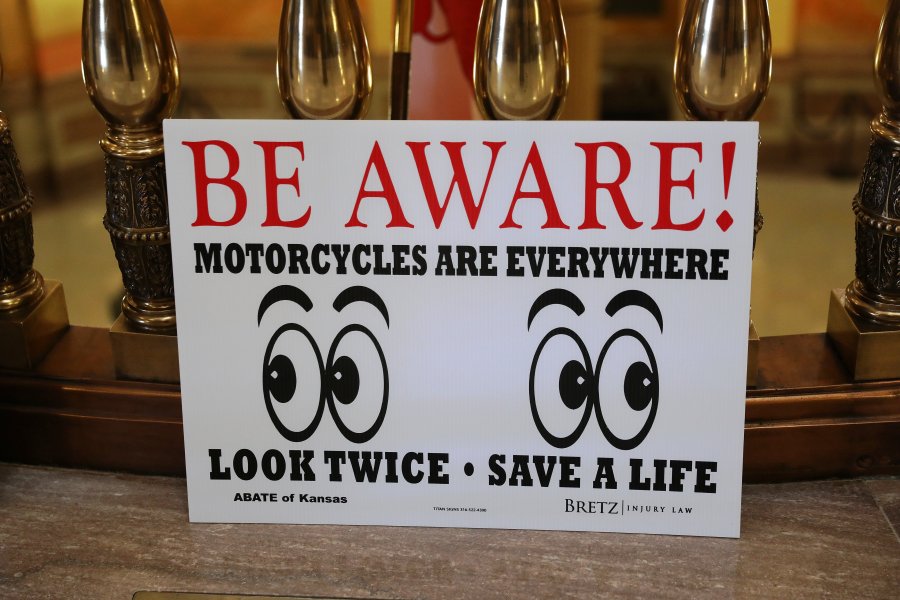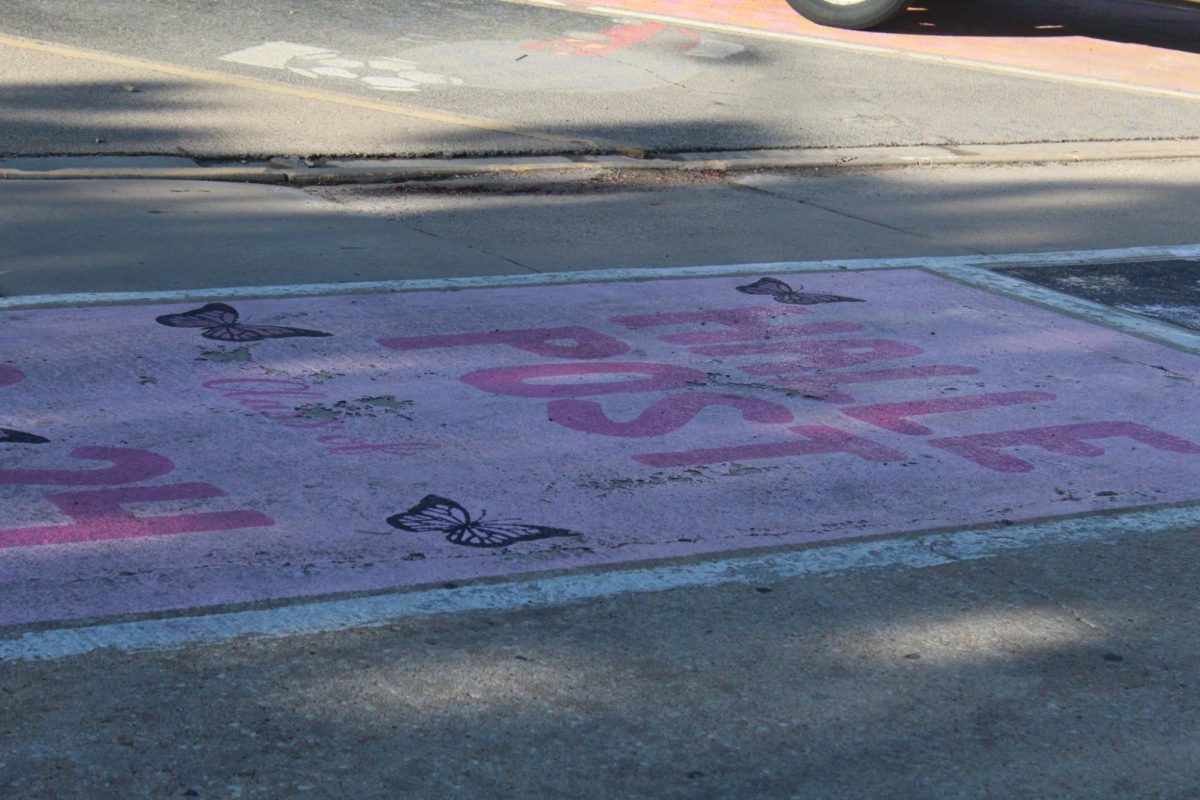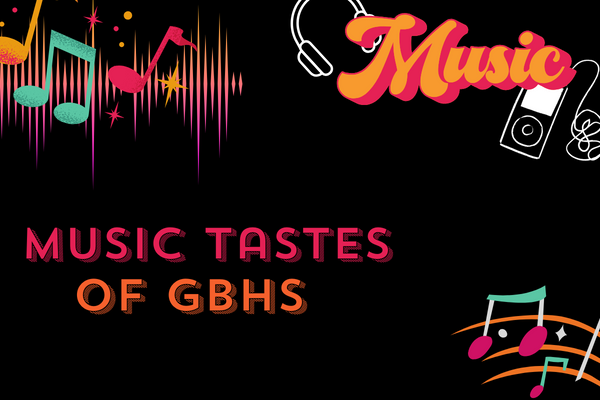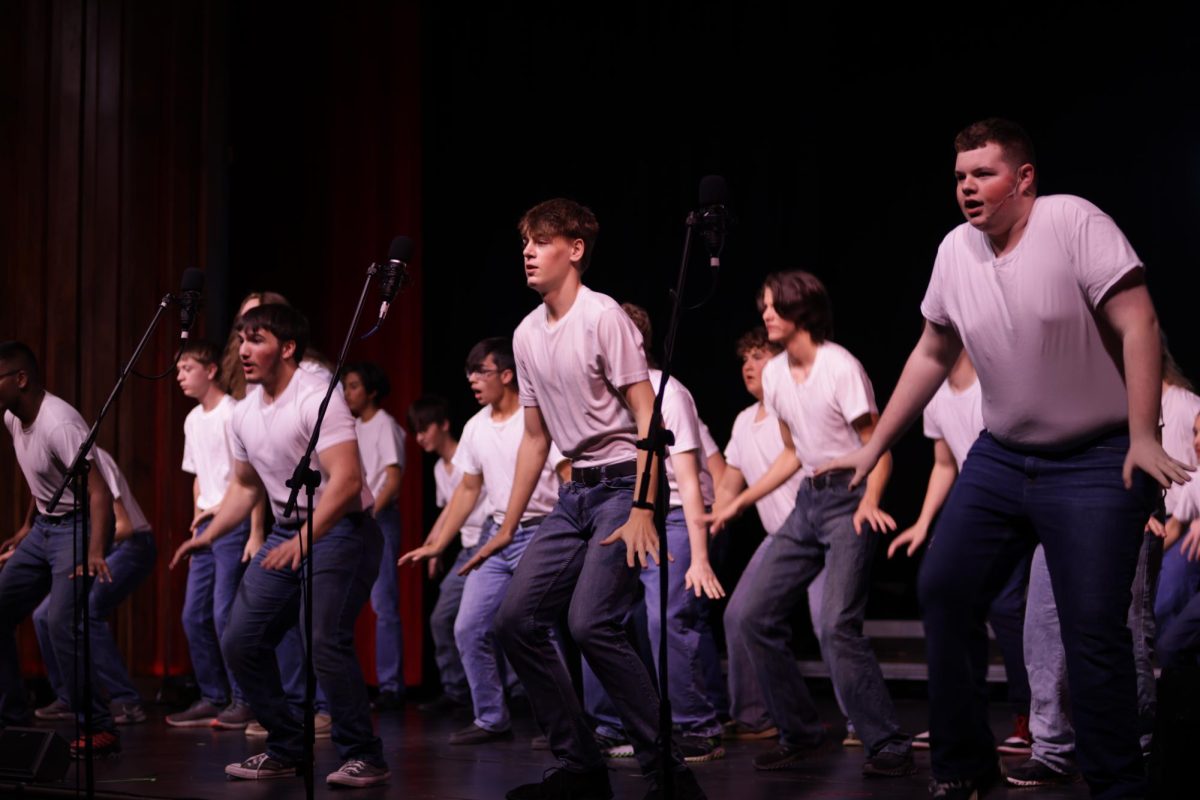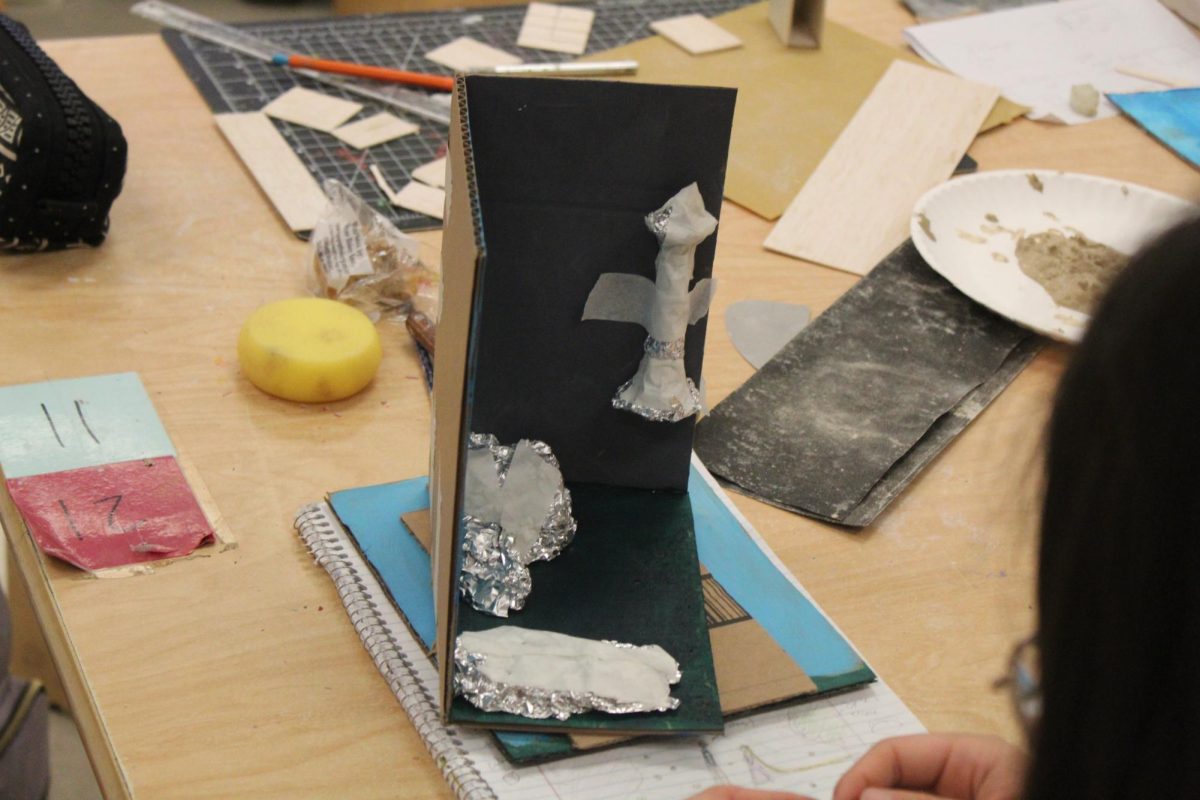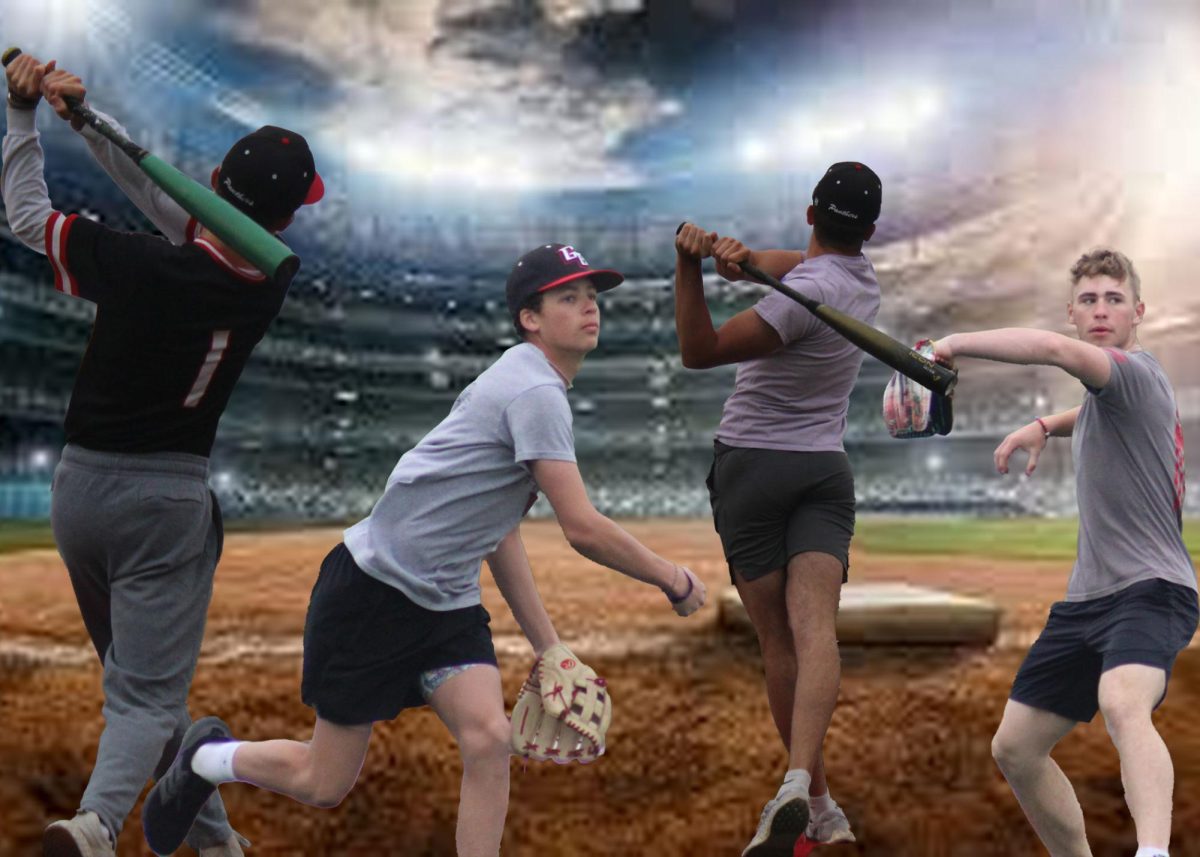You’ve probably met a deaf person before. Either online or in person, with how people are becoming more interconnected day by day it’s more likely than not that you at least know people who know someone who’s hard of hearing or deaf. It might be an older family member who has to have the T.V. volume at 100 and the captions on, or a younger sibling who is starting to learn ASL, or American Sign Language. Created in 1817 by one Thomas Gallaudet–and only recognized as a language in 1965, well over a century later and after its inventor’s death–American Sign Language is the first language people will learn when they are born deaf. Even before they learn how to read.
However, for what is the first language of a significant amount of America’s population, there aren’t many direct translations of English media into ASL, officially produced anyway. Most recently, the 2023 film “Barbie” released on HBO Max with an ASL interpretation, and it’s been the first in a while. We often hire people to voice over and translate our films to, or have them translated from, other languages when we could obviously just translate it into text, something that would be cheaper and easier. Deaf individuals often learn how to read English at some point, and at that point it’s easier to just translate the film into text with subtitles. However, would you rather watch a film or read a film?
That’s the exact reason why subtitles don’t often work, and why ASL film interpretations are important.
Rachel Thexton, a counselor at Great Bend High School, has experience working with deaf and hard of hearing students. “It affects their ability to communicate with most people,” she stated. “I’ve had three students since I’ve been here who have been profoundly deaf and it’s affected all of them differently. I had a student a couple years ago and everything he did he did on his phone. He would type to me, I would type back.”
“My grandpa needs hearing aids.” Said one Alexander Allen, a student at Great bend High School. “He’ll often miss lots of parts of conversations… It’s kind of like he’s zoned out all the time, even when he’s not really zoned out.”
Imagine being born in a world not made for you. A lot of things rely on noise, from car horns–whose main purpose is to alert people with sound–to most of our entertainment industry. Our main method of communication is sound based, and as people get older their hearing fades away with age. According to the National Institutes of Health half of people over 75 have difficulty hearing. Text helps, but vision fades too and there are nearly just as many blind people as there are deaf. Alternatives are needed, and for most people, will be needed as they age.
“Whenever you’re watching a (documentary) or the news, sometimes they’ll just have somebody in the corner doing ASL for the audience that’s watching whatever form of media they’re consuming.” Allen continued. “We should have class on (ASL) at school. Have it still be optional (as) when you try to force someone to try to learn something they’re less likely to.”


